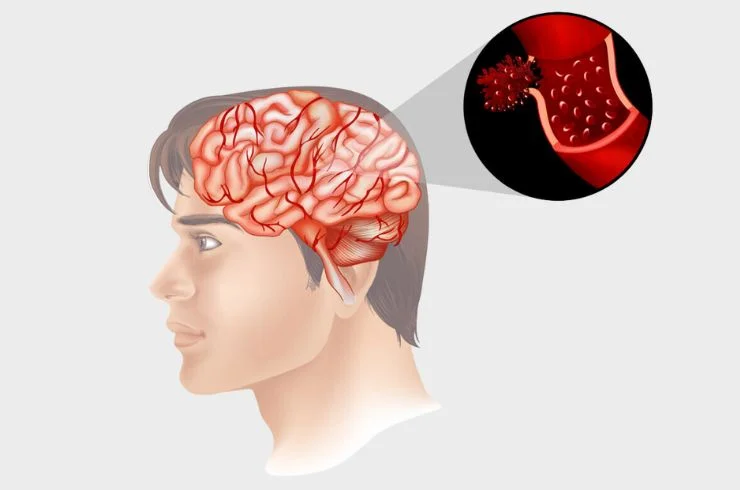
A brain tumor is an abnormal growth of cells within the brain or its surrounding tissues. These tumors can be benign (non-cancerous) or malignant (cancerous) and can originate from brain tissue itself or spread from other parts of the body (metastatic tumors). Understanding the causes, symptoms, diagnosis, and treatment options for brain tumors is crucial for effective management and improved outcomes.
Symptoms of a brain tumor can vary depending on its size, location, and rate of growth. Common symptoms may include persistent headaches that worsen over time, seizures, changes in vision or hearing, difficulty speaking or understanding speech, weakness or numbness in the limbs, balance problems, nausea or vomiting, and cognitive changes such as memory problems or personality changes.
The exact cause of brain tumors is often unknown, but factors such as genetic predisposition, exposure to radiation, certain medical conditions, and environmental factors may play a role in their development. Some types of brain tumors are associated with specific risk factors, such as meningiomas with hormonal factors or gliomas with exposure to certain chemicals.
Diagnosing a brain tumor typically involves a combination of imaging studies such as MRI (magnetic resonance imaging) or CT (computed tomography) scans to visualize the brain and identify the presence, location, and characteristics of the tumor. Additional tests such as biopsy may be performed to obtain a sample of the tumor for analysis and confirmation of diagnosis.
Treatment options for brain tumors depend on several factors, including the type, size, location, and grade of the tumor, as well as the patient’s overall health and medical history. Treatment may involve surgery to remove the tumor, radiation therapy to target and shrink the tumor, chemotherapy to destroy cancer cells, targeted drug therapy to block specific pathways involved in tumor growth, or a combination of these approaches.
In some cases, supportive care such as medication to manage symptoms, physical therapy, occupational therapy, or speech therapy may be recommended to improve quality of life and functional outcomes for patients with brain tumors. Palliative care may also be provided to address pain, alleviate symptoms, and provide emotional support for patients with advanced or incurable tumors.
Long-term management of brain tumors may require regular monitoring, follow-up imaging studies, and adjustments to treatment based on the tumor’s response and the patient’s overall condition. Close collaboration between healthcare providers, including neurosurgeons, oncologists, radiation oncologists, and supportive care specialists, is essential for providing comprehensive and personalized care for patients with brain tumors.